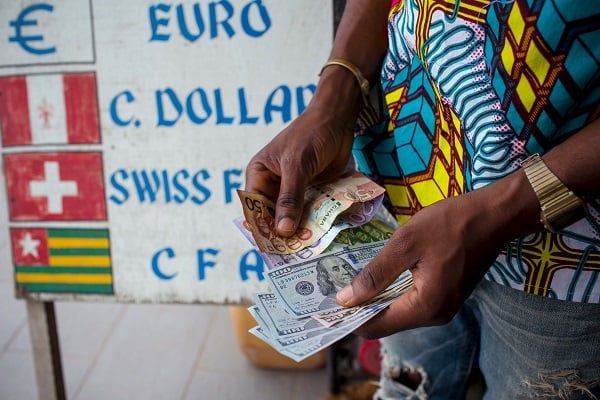The Case for Regulation over Criminalization of Informal Businesses in Ghana
Ghana’s informal sector, encompassing activities ranging from black-market currency exchange to commercial motorbike transportation, has long existed in a legal gray area. While often viewed as illicit operations, these endeavors play a significant role in the nation’s economic landscape, providing essential services and livelihoods for a substantial portion of the population. Calls are mounting for the government to reconsider its approach to these informal businesses, shifting from criminalization to a framework of regulation. This shift, proponents argue, would unlock the economic potential of the informal sector while addressing associated concerns like safety and revenue collection.
The debate centers on the balance between legality and practicality. While acknowledging the potential risks associated with unregulated informal activities, experts argue that outright prohibition has proven ineffective and even counterproductive. The case of black-market currency exchange, often referred to as “Abochi,” illustrates this point. While official channels may offer regulated exchange rates, access to foreign currency can be limited or cumbersome. Black-market operators, conversely, provide ready access, albeit at varying rates. Rather than attempting to eradicate these operations, proponents suggest that regulation could bring them into the formal economy, enabling oversight and contributing to revenue streams.
The argument for regulation extends beyond currency exchange to encompass other informal activities, such as commercial motorbike transportation, popularly known as “Okada.” This mode of transport has become integral to urban mobility, particularly in congested areas. However, the lack of regulation has resulted in safety concerns and revenue loss. By formalizing Okada operations through licensing, training, and regulation, the government could enhance safety standards for both riders and passengers while simultaneously tapping into a potential source of tax revenue. Furthermore, organizing Okada riders into unions would promote accountability and provide a platform for addressing issues related to their working conditions and welfare.
The rationale behind advocating for regulation stems from the recognition that these informal businesses fulfill a genuine demand. Criminalization, in contrast, often drives these activities further underground, making them more difficult to monitor and regulate. By bringing these operations into the formal economy, the government can establish clear rules and guidelines, ensuring compliance with safety standards, consumer protection measures, and tax obligations. This, in turn, would foster a more transparent and accountable business environment.
A key argument for the regulation of informal businesses lies in the potential for revenue generation. The informal sector represents a significant portion of Ghana’s economy, yet much of its economic activity goes untaxed. By formalizing these operations, the government could broaden the tax base, generating additional revenue that could be invested in public services and infrastructure development. Furthermore, the regulation of informal businesses would provide a framework for tracking economic activity, providing valuable data for policy formulation and economic planning.
The call for regulation is not a plea for complete deregulation or a disregard for legal frameworks. Instead, it emphasizes the need for a pragmatic approach that acknowledges the realities of the informal sector. A balanced regulatory framework would need to address concerns such as money laundering and other illicit activities while ensuring that the regulatory burden does not stifle the entrepreneurial spirit driving these businesses. The ultimate goal is to create a system where informal businesses can operate within a structured environment, contributing to economic growth and national development while adhering to established rules and regulations. This transition requires a shift in perspective, viewing the informal sector not as a criminal enterprise but as a potential engine for economic growth, job creation, and revenue generation.


